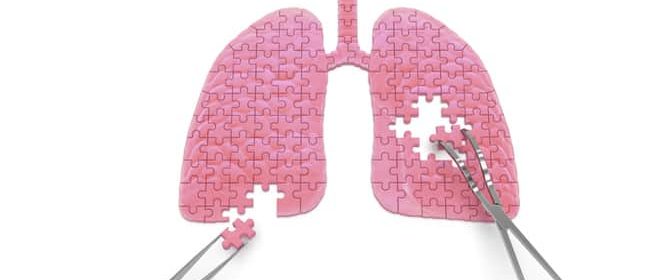Global DNA hydroxymethylation mediated by the ten-eleven translocation (TET) enzyme was induced in allergen-induced airway hyper-responsiveness (AHR) in mouse lung tissues and specifically in isolated airway smooth muscle (ASM) cells. TET is an α-ketoglutarate (α-KG)-dependent enzyme, and the production of α-KG is catalyzed by isocitrate dehydrogenase (IDH). However, the role of IDHs in the regulation of DNA hydroxymethylation in ASM cells is unknown. In comparison with non-asthmatic cells, asthmatic ASM cells exhibited a higher TET activity and IDH2 (not IDH-1 and -3) gene expression level. We modified the expression of IDH2 in ASM cells from human asthmatics by small interference RNA (siRNA), and the α-KG level, TET activity, global DNA hydroxymethylation, cell proliferation, and expression of ASM phenotypic genes were examined. Inhibition of IDH2 in asthmatic ASM cells decreased the α-KG level, TET activity, and global DNA hydroxymethylation and reversed the aberrant ASM phenotypes (including decreased cell proliferation and ASM phenotypic gene expression). Specifically, asthmatic cells transfected with siRNA against IDH2 (siIDH2) showed decreased 5hmC level at the transforming growth factor beta 2 (TGFB2) promoter determined by oxidative bisulfite sequencing (oxBS-seq). Taken together, our findings revealed that IDH2 plays an important role in the epigenetic regulation of ASM phenotypic changes in asthmatic ASM cells, suggesting that IDH2 is a potential therapeutic target for reversing the abnormal phenotypes seen in asthma.
Role of Isocitrate Dehydrogenase 2 on DNA Hydroxymethylation in Human Airway Smooth Muscle Cells.


